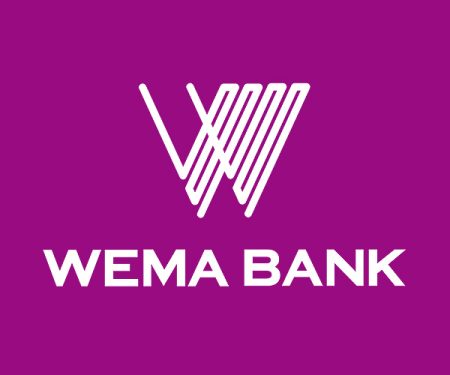Ghana’s economy demonstrated robust growth in the first quarter of 2025, expanding by 5.3%, a significant improvement from the 4.9% growth recorded during the same period in 2024. This positive trajectory was primarily driven by the revitalized services and agriculture sectors, demonstrating the effectiveness of government initiatives and the resilience of the domestic economy. While the industrial sector experienced a slowdown due to a significant contraction in the oil and gas sector, the non-oil components of the economy, especially manufacturing, maintained a healthy growth rate, indicating a diversification away from reliance on oil revenues. This shift towards a more balanced economy bodes well for long-term stability and sustainable growth, reducing vulnerability to fluctuations in global oil prices.
The agricultural sector’s resurgence, with a remarkable 6.6% growth compared to the previous year’s 2.4%, played a crucial role in the overall economic expansion. This remarkable turnaround can be attributed to targeted government interventions, such as the Agriculture for Transformation Programme, encompassing farmer training and subsidies. This initiative has bolstered food production, contributing to enhanced food security for households and mitigating inflationary pressures. The fishing sub-sector was a standout performer within agriculture, registering an impressive 16.4% growth, highlighting the potential for this sector to contribute further to economic growth and employment generation.
The services sector continued its upward trajectory, expanding by 5.9%, driven largely by the burgeoning ICT sector, which achieved a remarkable 13.1% growth. This strong performance underscores the increasing significance of the digital economy in Ghana’s overall economic landscape. Other service sub-sectors, including trade, transport, banking, and health, also contributed substantially to this growth, collectively representing 46.8% of the national economy. This growth underscores the expanding role of services in creating jobs and driving economic activity.
The industrial sector faced challenges during the first quarter, experiencing a slowdown to 3.4% growth, primarily due to a substantial 22.1% decline in the oil and gas sector. However, the manufacturing sub-sector showed resilience, maintaining a 6.6% growth rate. This suggests that domestic production remains strong, highlighting the importance of supporting and fostering the growth of the manufacturing sector to diversify the economy and reduce reliance on volatile resource extraction industries. The significant contribution of non-oil sectors to the overall economic growth further reinforces the importance of promoting diversified economic activities.
Several key sectors acted as primary drivers of this robust economic performance, including crops, ICT, manufacturing, trade, transport, and finance, collectively contributing 84.5% of the reported 5.3% growth. The consistent growth in these diverse sectors demonstrates the broad-based nature of the economic expansion, encompassing both traditional and emerging economic activities. The emergence of night-shift jobs, particularly within the thriving ICT, trade, and transport sectors, offers further opportunities for increased household incomes and further stimulates economic activity. These trends highlight the importance of adapting business models to accommodate 24-hour cycles where feasible to maximize productivity and capitalize on emerging opportunities.
The government’s commitment to supporting private sector-led growth is evident in its strategic investments in key infrastructure projects, including power, roads, and digital infrastructure, under the ambitious Big Push Programme. These initiatives are geared towards creating a more conducive environment for businesses to flourish and creating a more competitive regional market position for Ghana. Furthermore, the government encourages leveraging opportunities presented by the African Continental Free Trade Area (AfCFTA) to promote local sourcing of inputs and expand access to new markets for small and medium enterprises (SMEs). These strategic initiatives are crucial for unlocking the full potential of the private sector and integrating Ghana further into the global economy. The government’s proactive approach, combined with the observed economic trends, positions Ghana for sustained growth and prosperity in the coming years.














